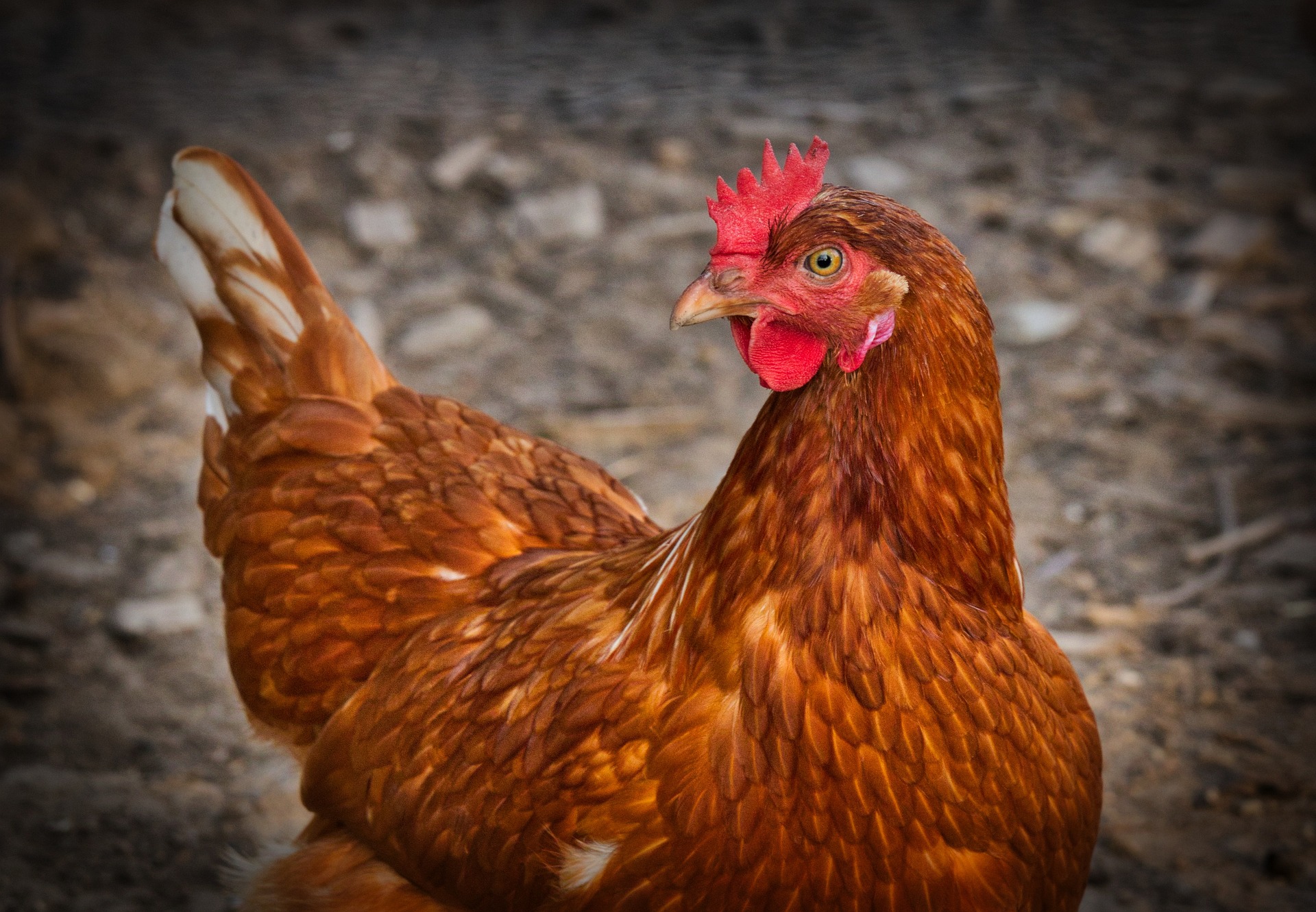Avian Flu case in Bishop’s Castle area
Shropshire Council’s animal health team has been notified of an outbreak of Avian Influenza in a poultry flock in the Bishop’s Castle area.
As a result, restriction, monitoring and surveillance zones will be implemented over the Christmas break around the Bishop’s Castle area.

A picture of a chicken
The council is asking residents and businesses who house birds to remain on alert for any signs of disease and report any cases of suspected disease immediately, whilst ensuring good levels of biosecurity at their premises.
The following advice will assist you in identifying and reporting any potential cases:
Spot the signs of Bird Flu
• Unusual quietness, decreased activity levels.
• Decreased levels of vocalisation.
• Decreased levels of feed and water consumption.
• Decreased egg production.
• My bird is sick what should I do?
If you are concerned about the health of your animals, please seek advice from your vet.
For more information about bird flu and biosecurity, https://www.gov.uk/guidance/avian-influenza-bird-flu or phone to report any of the above symptoms in birds on 03459 33 55 77 for the Defra Helpline.
More information on the location and restriction zones can be seen via the following link: https://www.arcgis.com/apps/webappviewer/index.html?id=8cb1883eda5547c6b91b5d5e6aeba90d
Advice for bird keepers
It is currently a legal requirement to ensure that all domestic and commercial birds are kept indoors whether on a farm or a small holding.
There are some simple measures poultry keepers should take to protect their birds against the threat of avian flu. These include:
- Keep the area where birds live clean and tidy, control rats and mice and regularly clean and disinfect any hard surfaces.
- Keep chickens and turkeys completely separate from ducks and geese.
- Conduct regular maintenance checks on their sheds.
- Clean moss off the roofs, empty gutters and remove vegetation between sheds where birds are kept.
- Draw up contingency plans for storing bedding and dealing with pests.
- Place birds’ feed and water in fully enclosed areas that are protected from wild birds, and remove any spilled feed regularly.
- Put fencing around outdoor areas where birds are allowed and limit their access to ponds or areas visited by wild waterfowl.
- Clean and disinfect footwear before and after entering premises where birds are kept.
- Avian influenza is not air-borne, except over very short distances. It is spread by movement of infected birds or contact with respiratory secretions and in particular faeces, either directly or through contaminated objects, clothes and vehicles.

